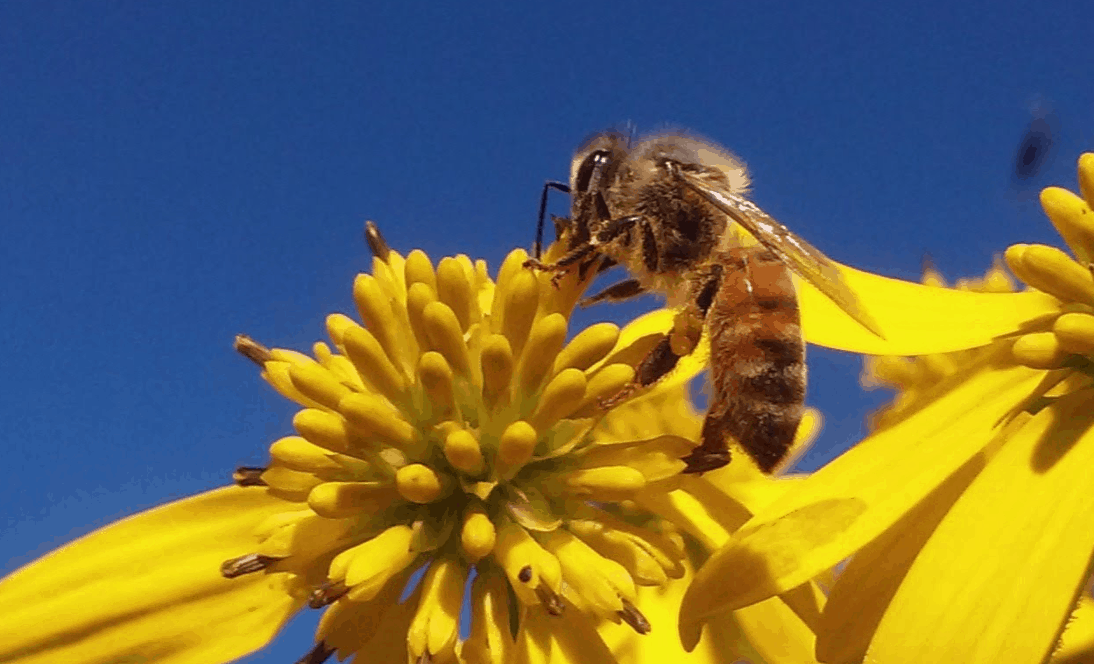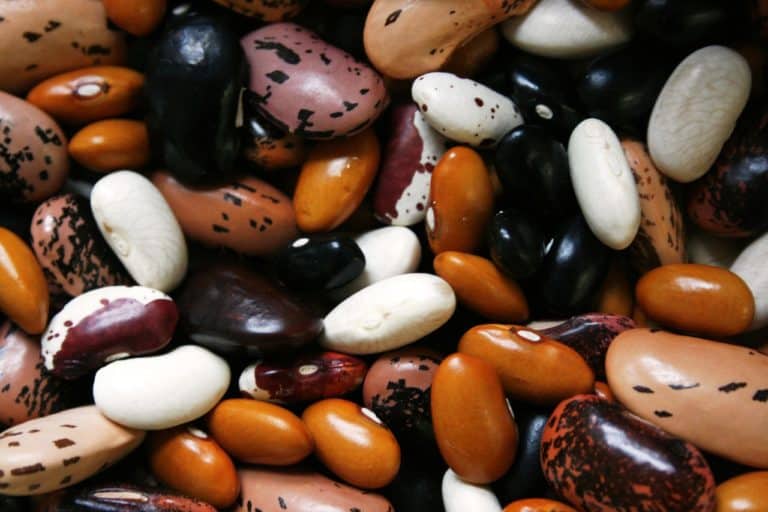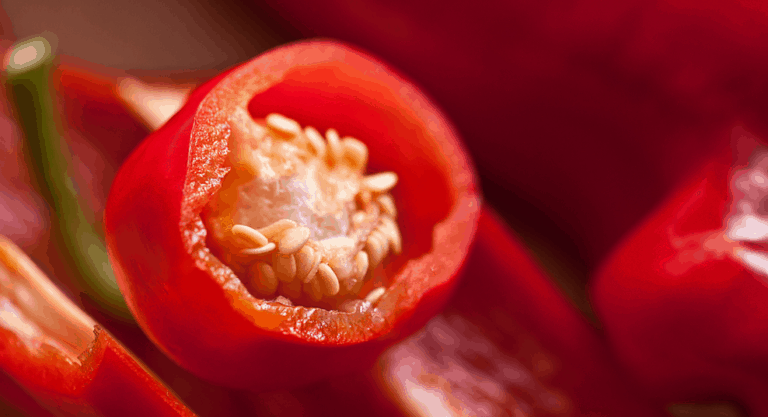Pollen extract, also known as bee pollen, cernilton, flower pollen, and rye grass pollen, is a natural remedy that has been shown to be helpful in a number of health conditions related to the prostate and urinary health in men. Although pollen extracts may come from different sources, across the board they are a good source of antioxidants, vitamins, fatty acids, minerals, and amino acids.
Can pollen extract treat enlarged prostate symptoms?
Pollen extracts have been shown to reduce symptoms of an enlarged prostate (benign prostatic hyperplasia, BPH) and help restore prostate health, but experts are not certain why. Some believe the pollen has components that help the urethra relax to allow urine to pass through more easily, and that they also improve the ability of the bladder to contract to push urine out of the organ.
In one placebo-controlled, double-blind study, 69 percent of men who took rye grass pollen extract daily for six months experienced an improvement in symptoms, compared with only 30 percent of men who took placebo. In a four-month study of 89 men with BPH, 78 percent of those who took cernilton reported significant improvement in their symptoms including better uroflow rate and a decrease in residual urine and prostate volume. In a review of four studies that involved 444 men who had BPH, use of pollen extract improved nocturia when compared with placebo.
Can pollen extract treat prostatitis?
Pollen extracts have anti-inflammatory properties, and this feature has proven beneficial in relieving symptoms of prostatitis. In a study involving 90 men who had chronic prostatitis, 72 without complicating factors and 18 with them, pollen extract was taken three times daily for six months. Among the men without complicating factors, 26 (36%) reported a complete elimination of symptoms and 30 (42%) had significant improvement. In the group of 18 men who had complicating factors, only one man had a positive response.
In a more recent study, 70 men who had chronic prostatitis/chronic pelvic pain syndrome were given cernilton while 69 men with the same condition received placebo. After 12 weeks, the men who took cernilton reported significant improvements in their symptoms and quality of life and no severe side effects.
A 2017 meta-analysis of 10 clinical studies (6 noncontrolled, 4 controlled) that included 590 patients revealed an 83.6 percent response rate among noncontrolled studies with no significant side effects. The authors concluded that “most of these studies presented encouraging results” and that using pollen extract for chronic prostatitis/chronic pelvic pain syndrome “is beneficial.”
Can pollen extract treat urinary tract infections
Despite a lack of scientific studies, some men use pollen extracts to get relief from symptoms of urinary tract infections, because some of them are similar to those associated with BPH and prostatitis, including urinary urgency and urinary frequency.
Using pollen extract to recover from a prostate biopsy
Pollen extracts have powerful anti-inflammatory properties, which makes them a wise choice following a prostate biopsy to help prevent complications that may occur. One question men sometimes ask is, can a prostate biopsy cause infection? Although infection, along with other complications such as fever and urinary tract symptoms, are not common following a prostate biopsy, they can occur and can be managed with natural remedies such as pollen extract.
For example, some experts believe pollen extracts have components that allow the urethra to relax to allow urine to pass through more easily, and that they also improve the ability of the bladder to contract to push urine out of the organ. These qualities can help men avoid the possibility of an infrequent complication of prostate biopsy, which is trouble urinating. The ability of pollen extract to improve the elimination of urine also may reduce the chance of infection during prostate biopsy recovery.
How do I get pollen extract?
If you decide to try pollen extract, consult a knowledgeable practitioner to determine the best dose for your situation. Possible side effects include nausea and heartburn. Do not use rye grass pollen if you have grass allergies.
Popular ways to get pollen extract are in supplements, or in granular form.
References
Buck AC et al. Treatment of outflow tract obstruction due to benign prostatic hyperplasia with the pollen extract, Cernilton. A double-blind, placebo-controlled study. Br J Urol 1990; 66(4): 398-404
Cai T et al. The role of flower pollen extract in managing patients affected by chronic prostatitis/chronic pelvic pain syndrome: a comprehensive analysis of all published clinical trials. BMC Urology 2017 Apr 21; 17(1): 32
Dutkrewicz S. Usefulness of cernilton in the treatment of benign prostatic hyperplasia. Int Urol Nephr 1996; 28(1): 49-53
Rugendorff EW et al. Results of treatment with pollen extract (Cernilton N) in chronic prostatitis and prostatodynia Br J Urol 1993 Apr; 71(4): 433-38
Wagenlehner FM et al. A pollen extract (Cernilton) in patients with inflammatory chronic prostatitis-chronic pelvic pain syndrome: a multicentre, randomized, prospective, double-blind placebo-controlled phase 3 study. European Urology 2009 Sep; 56(3): 544-51
Wilt T et al. Cernilton for benign prostatic hyperplasia. Cochrane Database Syst Rev 2000; (2):CD001042







